Monkeys Are Caged, Poisoned, and Killed
The BPRC currently imprisons rhesus and crab-eating macaques and marmosets, who may be locked in cages and infected with debilitating diseases including malaria, tuberculosis, and SIV – the non-human primate equivalent of HIV, which causes AIDS. In their groggy state after being drugged and tested on, they are prone to injuries caused by falling or even leaping off high surfaces.
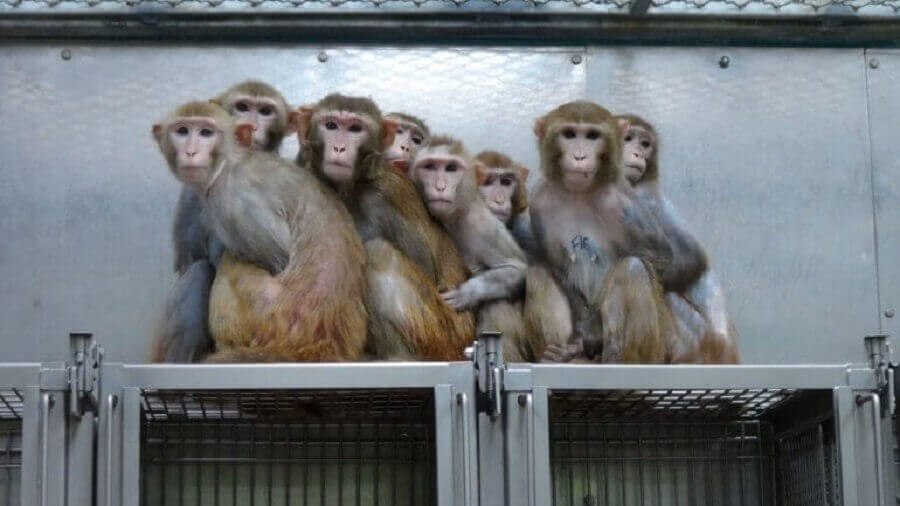
Although the centre states that it endeavours every day to give the monkeys as good a life as is possible, laboratory workers sing and joke loudly, showing a lack of respect for the animals, who are sensitive to noise. Many monkeys suffer from wounds and conditions such as rectal prolapse, caused by the distress that even a routine health check can provoke in them.
After a Traumatic Life, These Helpless Animals Are Mercilessly Killed
In 2017, 315 monkeys were experimented on at the BPRC. When they’re no longer considered useful for experimentation purposes, they’re often killed and their dissected bodies discarded. Sometimes, this is done in full view of their companions.
Results of Experiments on Monkeys Aren't Relevant to Humans
There is a growing body of evidence that data resulting from studies on monkeys can’t be readily applied to humans. Key biological differences exist between humans and non-human primates, and there are problems with applying findings in monkeys to humans in research areas as diverse as Alzheimer’s and Parkinson’s diseases, strokes, and HIV. Experimenting on monkeys is wasteful, inefficient, and unreliable, and it must stop now.
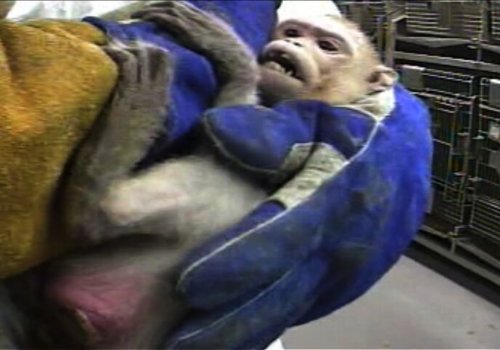
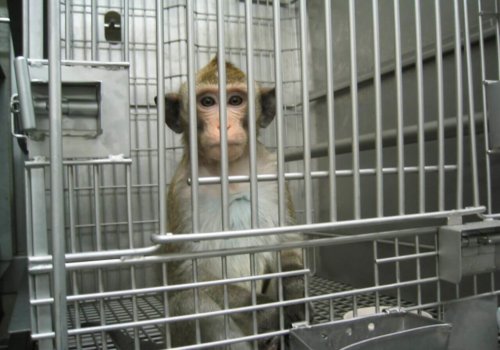
Alternatives to Testing on Monkeys Are Growing
The market for human-relevant in vitro technology for biomedical research and testing is growing rapidly. By mandating a move away from animal experimentation and towards superior, non-animal scientific methods, the Netherlands can become an international leader in animal-free research and pave the way for radically new and improved science. PETA recommends that the Dutch government invest far more in the development of non-animal methods than the €1 million per annum projected for 2018 to 2020, and we have previously detailed the specific steps that the Dutch government must take to reach its goal of becoming a global pioneer in this area.
Monkeys Are Intelligent, Sensitive Animals Who Deserve Freedom
The monkeys locked away at the BPRC are clearly suffering, both physically and psychologically. They are emotionally intelligent animals who belong in their natural grassland, woodland, or mountainous habitats, where they can socialise, nurture their young, and forage for food. Rhesus macaques display a variety of complex cognitive abilities – they demonstrate self-awareness, can monitor their own mental state, and understand simple rules. enjoy living in large, social groups and have hierarchical rules in place to keep the peace – similar to marmosets, who are highly active and soon suffer from stress when denied sufficient stimulation.
Imprisonment in an artificial environment like the BPRC is a living nightmare for monkeys.
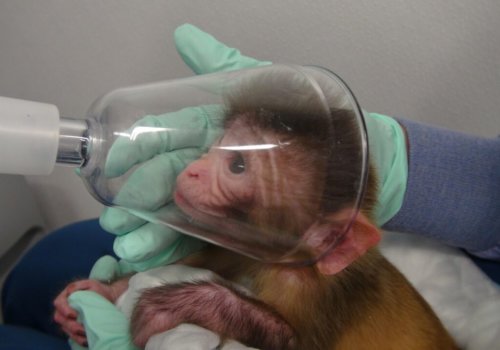
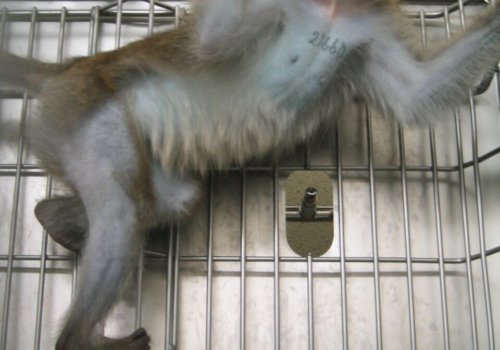
What You Can Do
Please help spare these sensitive, intelligent primates immense suffering by urging the Dutch government to end the use of monkeys in animal experiments. It can achieve this by supporting the BPRC in developing a plan to transfer the animals at the facility to reputable sanctuaries as soon as possible:
Urge the Dutch Government to End the Use of Non-Human Primates in Animal Experiments
